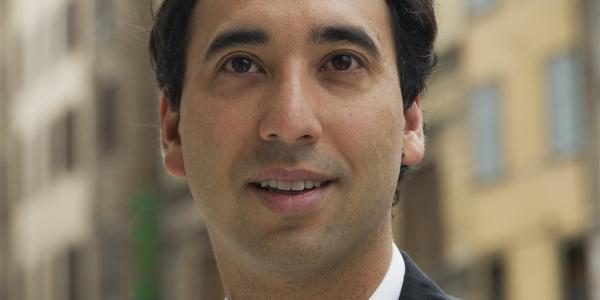Department of Music Lecture: Michael Scott Asato Cuthbert
Michael Scott Asato Cuthbert, Associate Professor of Music, MIT
Abstract
Computational music analysis has the promise of opening up exciting new avenues in musicology, music theory, and the selection of concert repertoire. With tools that can search across hundreds of thousands of scores, it should be possible to find hidden gems in archives: works with chords, forms, and ideas that predate established works by decades or even centuries. But algorithms can only work on the data that they are fed, and scores need to specially prepared (“encoded”) to be available to researchers. With a few exceptions, large-scale encoding projects have been led by scientists and amateur musicians and been shaped by expectations such as “Open Data” and have not taken advantage of Fair Use exceptions to copyright. At a time when the fields of interest in music scholarship expand, computer music analysis threatens to move in the opposite direction, enshrining canonical composers such as Bach and Palestrina whose collected works editions were completed before 1926 and out of copyright. Cuthbert’s talk raises these issues and their impact at present in his work and the consequences for the future if left unchecked. The talk suggests ways that musicologists can mitigate or reverse this trend though action and activism.
Biography
Michael Cuthbert researches computational and algorithmic approaches to studying music, and also medieval music, especially of Italy. He has received the Rome Prize in Medieval Studies, a Villa I Tatti Fellowship, and a Radcliffe Fellowship. Cuthbert founded the Digital Humanities Lab at MIT and created the open-source “music21” toolkit.

